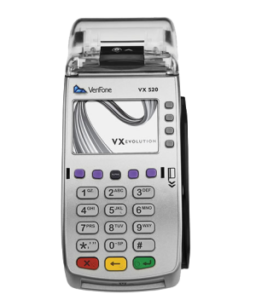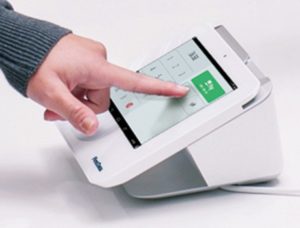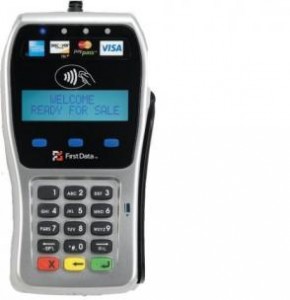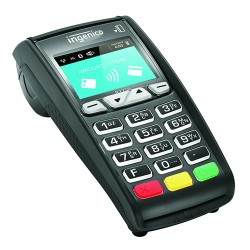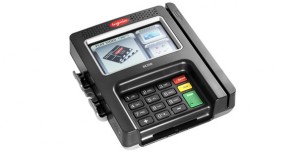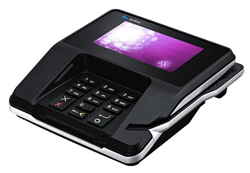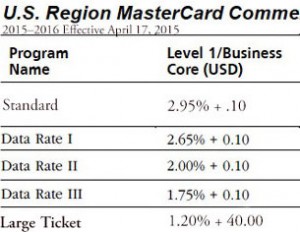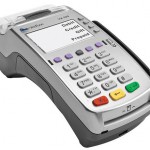Financial consultants from CPA’s to business advisors can increase profits by partnering with outside experts. A business to business payments consultant will help financial consultants differentiate services offered to win more business and increase retention. Get clients paid faster, cheaper, and more securely, and they’ll reward you with their loyalty and refer you more business.
REAL RESULTS FROM COMPANIES USING MY TECHNOLOGY
- Reduced DSO from 45 days to 15 days
- Reduced merchant fees 34%- with the same merchant account
- Exposed long-term internal fraud by trusted employee at a $2B+ company
- Reduced internal accounting staff by 20%
- Reduced cashier staff by 30%
- Improved customer experience, directly increasing revenue per customer, and manufacturer bonus rebates
My core expertise is cloud-based financial transaction technology critical to staying current with regulatory and compliance changes, and the resulting impact on risk management, cash flow, and EBITDA. Examples of payment acceptance types can include credit card processing, check processing, ACH, wire, and others.
Why Christine Speedy? The industry is loaded with people selling substandard payment acceptance solutions, particularly B2B merchant services because they don’t know any better or they put themselves first. For example,
- Web developers tell you to use either authorize.net or Payflow Pro payment gateway because they’re ‘reliable’ and they’ve had good results. Yes, they’re reliable, but so are others that provide far better customer and merchant experiences, while also maximizing profits.
- US banks don’t have retail solutions enabling B2B merchants to qualify for the lowest interchange rate possible for purchasing, business, and corporate cards so they sell substandard alternatives. For example, building supply and distribution companies that cater to businesses pay millions in extra fees because of inadequate technology.
- Industry associations offer member benefits for services in which they profit share; these ‘exclusive trusted partners’ are kept at all costs, even if it’s not the best service for their members.
- Merchant salespeople tell you it’s Ok to store credit card authorization forms in a locked file drawer. No, it’s not. It’s never ok to store sensitive cardholder data in any format, but they don’t have a solution to fix your reason for storing it.
You need a trusted, confidential resource.
WHAT I DO: Analyze, recommend, sell new or modify existing solutions
Part 1: What is the revenue picture?
- Types and costs of payments accepted
- How and where are payments accepted? Who touches? Credit, collections, and treasury management (risk, currency) reviewed.
- Software and hardware
- Security and PCI Compliance at a glance- I can typically uncover problems in 100% of businesses within 5-10 minutes of probing.
Part 2: What are merchant business priorities in next 3-6-12 months?
These do not have to be related to part 1, but are critical to understanding business.
Part 3: Action items
Based on account review and priorities, what are critical and non-critical action items? How will these impact efficiency, security, profits, customer experience? What vendor, hardware, software changes are recommended?
MERCHANT SERVICES WHAT YOU NEED TO KNOW NOW
US EMV chip card implementation is impacting every company that accepts credit cards, retail and card not present. This is the biggest change since Durbin (debit), and again, there’s loads of misinformation and poor recommendations being made.
TARGET MARKETS
Minimum $5M-100 annual revenue, sweet spot; Clients include $1M to $2B. Manufacturer, distribution, technology, dealer, anything B2B.
NO THANK YOU – No supermarkets, restaurants, education, fuel or travel agencies
FREE TEST – While credit card processing may be a small portion of cash flow in target markets, it’s also a pain point I can typically help with immediately. Send 2 consecutive merchant statements for any B2B company you’re satisfied is as profitable as possible. If you like my report, we can go deeper into full analysis.

